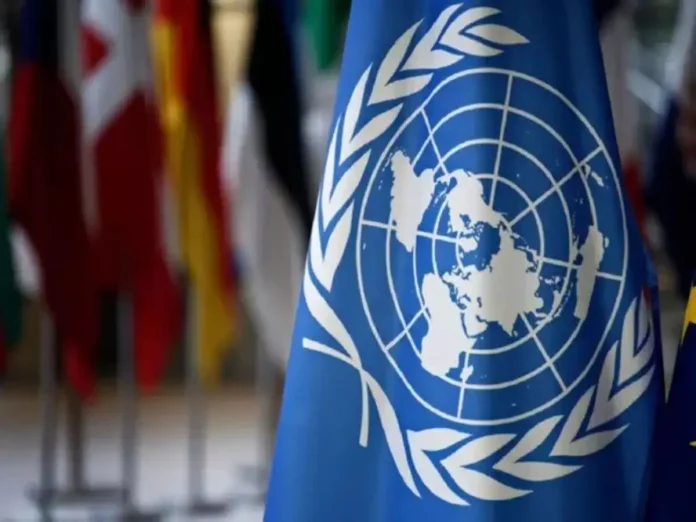The United Nations Security Council has addressed not only security, political, and human rights issues in Afghanistan, but also the country’s economic challenges during its recent session on Monday (June 23).
Key economic topics included the continuation of humanitarian aid, the release of Afghanistan’s frozen assets, and addressing poverty, unemployment, and migration.
Roza Otunbayeva, the UN Secretary-General’s Special Representative for Afghanistan, stated during the session that the UN is working to channel the Islamic Emirate’s demands into dialogue through a comprehensive, organized, structured, and multilateral approach in order to foster progress and practical solutions.
She presented the concerns and demands of Islamic Emirate officials regarding frozen assets, international sanctions, and development aid to Afghanistan, along with potential solutions.
Otunbayeva added: “Afghanistan’s current authorities have raised concerns, including the freezing of financial assets, international sanctions, lack of formal recognition, the need for development aid, and the necessity to end long-term dependence on humanitarian assistance. The UN seeks to address these issues through a comprehensive, structured, and multilateral dialogue to create a pathway toward progress and realistic solutions.”
The U.S. representative to the UN, Dorothy Shea, stated that despite four years under the Islamic Emirate’s rule, the situation in Afghanistan remains dire. The population continues to struggle with poverty, unemployment, limited access to basic services, and natural disasters.
Shea added: “Looking back at the past four years, we must admit our aid approach has not been sustainable or yielded the desired results. We keep repeating the same conversations without holding the Taliban accountable or demanding responsibility. U.S. policy on Afghanistan is currently under review.”
Meanwhile, representatives from several countries, including China, Pakistan, and Iran, expressed their support during the session for efforts to stabilize Afghanistan’s economy, revive the banking system, and explore ways to release financial assets and implement regional economic projects.
Asim Iftikhar Ahmad, Pakistan’s Permanent Representative to the UN, said: “Afghanistan’s 2025 Humanitarian Response Plan continues to face severe funding shortfalls. So far, only 15.7% of the required $2.42 billion has been provided. The international community must fully and unconditionally fund this plan to safeguard the health and well-being of the Afghan people.”
Amir Saeid Iravani, Iran’s representative to the UN, stated: “Frozen assets and financial restrictions have worsened the crisis. Afghanistan’s economy cannot recover unless its assets are responsibly released and international financial mechanisms enable vital trade and humanitarian activities.”
According to UN statistics, Afghanistan has received $7.8 billion in humanitarian aid since August 15, 2021, which has been used for reducing hunger, providing essential healthcare services, and assisting internally displaced persons and victims of earthquakes, droughts, and floods.









































